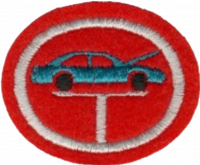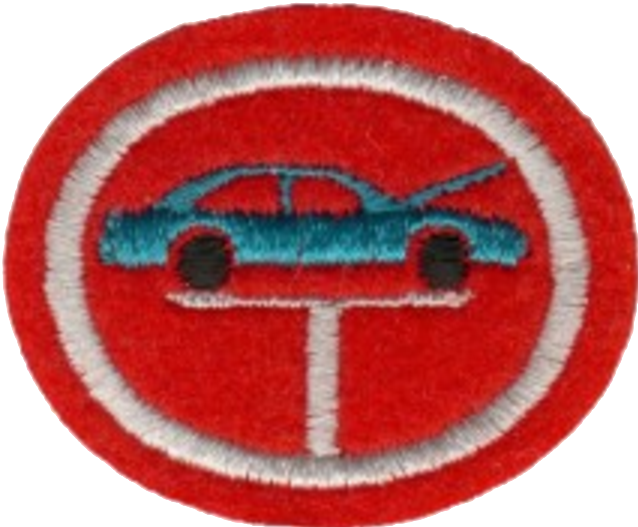Difference between revisions of "AY Honors/Automobile Mechanics/Requirements"
Jomegat bot (talk | contribs) m (Protected "AY Honor Automobile Mechanics Requirements used by General Conference": Bot: Protecting all pages from category .*/e[sn] ([Move=Allow only administrators] (indefinite) [Edit=Allow only administrators] (indefinite))) |
Jomegat bot (talk | contribs) (Bot: Automated import of articles *** existing text overwritten ***) |
||
| Line 1: | Line 1: | ||
| − | + | {{HonorSubpage}} | |
| + | |||
| − | |||
<section begin=Body /> | <section begin=Body /> | ||
| Line 58: | Line 58: | ||
[[Category:Honor Requirements|{{#titleparts:{{PAGENAME}}|1|2}}]] | [[Category:Honor Requirements|{{#titleparts:{{PAGENAME}}|1|2}}]] | ||
[[Category:Honor Requirements Revision 3|{{#titleparts:{{PAGENAME}}|1|2}}]] | [[Category:Honor Requirements Revision 3|{{#titleparts:{{PAGENAME}}|1|2}}]] | ||
| − | </translate></noinclude> | + | <noinclude></translate></noinclude> |
| + | {{CloseHonorPage}} | ||
Revision as of 22:35, 18 March 2021
Skill Level
2
Year
1928
Version
23.12.2025
Approval authority
North American Division
1. Properly start an automobile or light truck engine with an automatic transmission and one with a standard transmission. Explain why it is necessary for the engine to have the proper oil, water, fuel, and battery pressures and levels for proper engine operation.
2. Remove and replace tire (or wheel) properly and demonstrate how to mend a puncture.
3. Explain the principles of four- and two-cycle engines and the difference between gasoline and diesel engines. Explain the major differences between carburetor fuel systems and fuel-injection systems.
4. Describe the construction of a typical gasoline engine and explain briefly the function of these units:
- a. Engine: crankshaft, connecting rods, pistons, camshaft, valves, oil pump, carburetor, fuel injectors, ignition distributor, fuel distributor, electrical system including alternator, battery, and regulator
- b. Difference between standard transmission and automatic transmission and how the engine torque is transmitted to both kinds of transmissions; the purpose of overdrive
- c. Difference between rear wheel drive and front wheel drive
- d. Difference between drum brakes and disk brakes, standard brakes and power brakes, and the parking brake
5. Perform typical automotive maintenance as listed below:
- a. Check engine and transmission oil levels.
- b. Check water/anti-freeze level. Change and flush the cooling system.
- c. Change engine oil and filter.
- d. Change a tire/wheel assembly, following proper safety procedure.
- e. Lubricate the chassis according to the vehicle service manual.
6. How often should the engine oil, transmission oil, and cooling fluid be changed?
7. Give some pointers on proper care of the vehicle and its finish, both interior and exterior.


